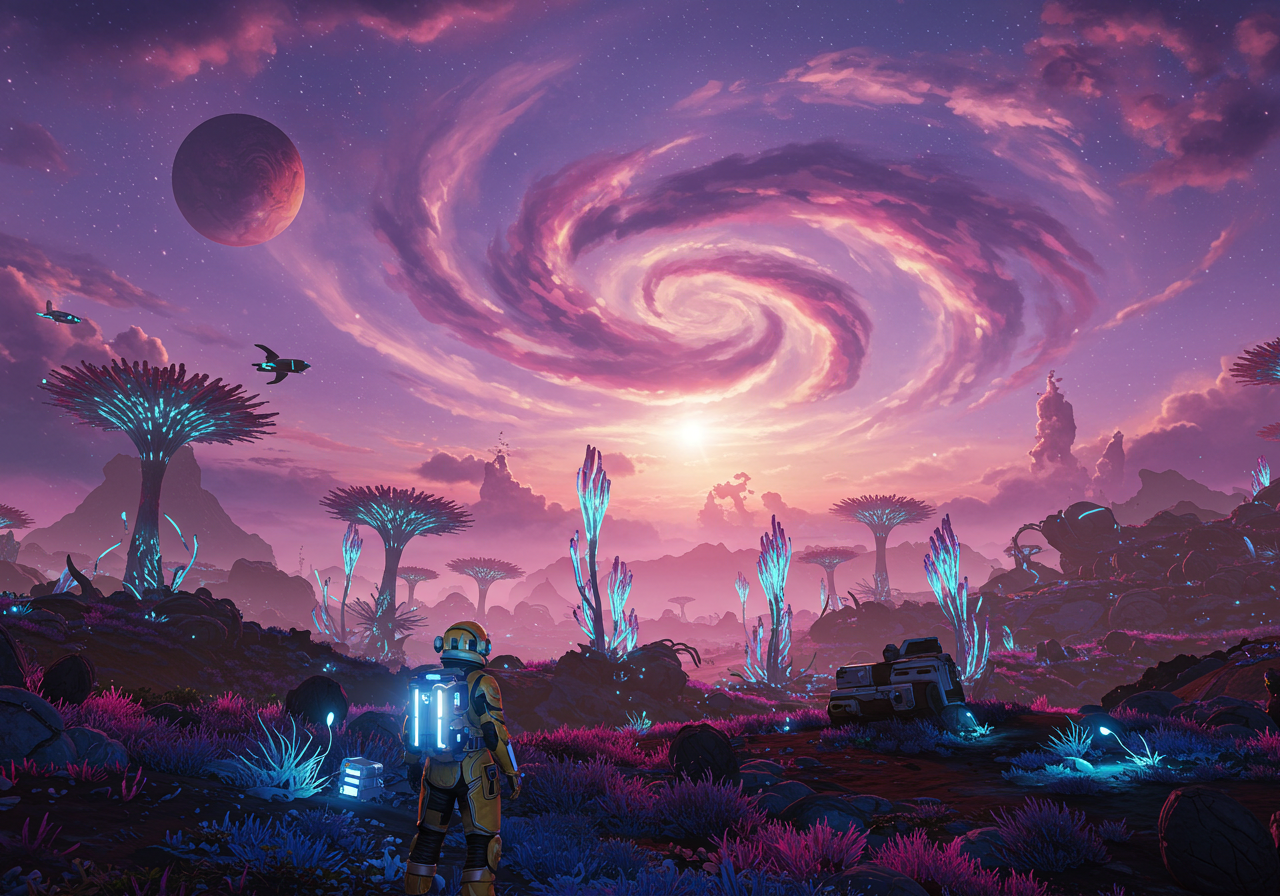Generative AI in Gaming Industry: Transforming Gameplay and Development

Enhancing Gameplay with Generative AI
AI has unlocked new dimensions in gameplay, allowing developers to create worlds that adapt to the player’s style and preferences. Through advanced machine learning algorithms, games can analyze player behavior and provide tailored experiences. This has given rise to smarter, more engaging NPCs (non-player characters) and dynamically changing game worlds. For example, AI in No Man’s Sky leverages procedural content generation to create billions of unique planets for players to explore, ensuring each journey feels distinct and immersive. By harnessing AI, developers are not only improving storytelling but also deepening player engagement by ensuring that each interaction feels authentic and personalized.

Generative AI in Game Development
The development phase of games has seen significant improvements with the adoption of AI. Repetitive and time-intensive tasks such as bug testing, texture creation, and animation can now be automated. AI-based tools like TensorFlow help developers streamline processes by providing platforms for creating and testing machine learning models. Moreover, generative AI can produce high-quality assets, including realistic textures and character models, reducing production timelines dramatically. Studios now have the flexibility to focus on innovation, using AI to transform creative concepts into polished designs more efficiently than ever before.
Generative AI and Player Retention
Retaining players is a key challenge in the gaming industry, and AI has become a vital tool in addressing it. Advanced analytics tools powered by AI allow developers to understand player behavior, uncovering trends that help maintain engagement. For instance, by analyzing gameplay data, AI can guide developers in crafting targeted updates and in-game events that resonate with their audience. Furthermore, moderation tools, which use machine learning to detect and address toxic behavior, create a safe and enjoyable gaming environment for all players. These efforts not only increase retention but also foster long-term loyalty among gaming communities.

Feasibility of Generative AI in Gaming Industry
Adopting AI in gaming does come with challenges, including costs and ethical concerns. However, advancements in cloud computing and open-source frameworks have lowered barriers for smaller studios. TensorFlow, for instance, offers accessible tools for game developers looking to integrate AI without significant financial investment Scalability is another critical advantage; lightweight AI algorithms allow for seamless integration across platforms, from PC to mobile gaming. Nonetheless, ethical considerations, such as ensuring data privacy and transparency in AI operations, remain paramount. Developers must address these responsibly to build trust and long-term relationships with their players.
AI is revolutionizing the gaming industry by enhancing player experiences, optimizing development processes, and increasing player retention. From personalized gameplay to automated production pipelines, AI is shaping the next generation of gaming. While challenges such as costs and ethical considerations remain, advancements in technology and accessibility ensure that the future of AI in gaming is brighter than ever.